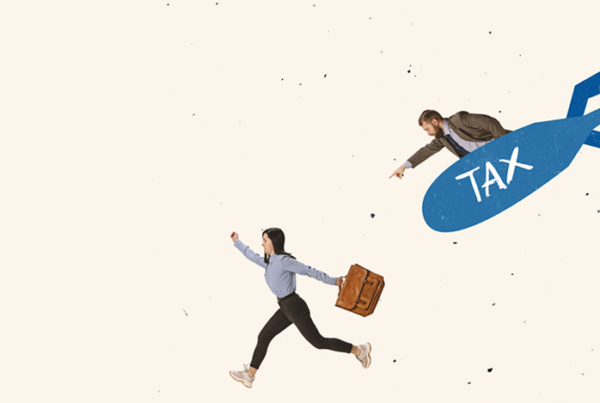
Personal debt can quickly spiral out of control if not managed carefully, whether it’s through services like Afterpay, credit card balances, or loans. However, with a clear strategy and a disciplined approach, it’s entirely possible to regain control and work your way out of debt. Here are some practical tips and tricks to help you eliminate personal debt:
1. Assess Your Total Debt
The first step is to get a clear understanding of your financial situation. List out all of your debts, including credit cards, Afterpay installments, loans, and any other outstanding payments. Make a note of the interest rates and minimum payments associated with each. Knowing the exact amount you owe and the conditions attached to each debt will give you clarity on where to start.
2. Create a Budget
Creating and sticking to a budget is crucial in managing and reducing debt. Track your income and expenses carefully, and allocate funds to debt repayment first before spending on discretionary items. Software can help automate this process and keep you on track.
3. Prioritise High-Interest Debts
When tackling multiple debts, it’s best to focus on paying off those with the highest interest rates first—typically credit cards. By paying off high-interest debts first, you can save money on interest over time, helping you clear your debt faster.
Alternatively, you can find it motivating to pay off smaller balances first, this can provide a sense of accomplishment that keeps you going.
4. Consolidate Debts Where Possible
If you have multiple high-interest debts, consolidating them into one loan with a lower interest rate can make managing payments easier and cheaper. Consider a personal loan, balance transfer credit cards, or a debt consolidation loan. But be mindful of fees and the terms of the new loan, as they can sometimes add more complexity if not managed properly.
5. Cut Back on Unnecessary Expenses
In order to free up money for paying off your debts, it’s essential to look for areas to reduce your spending. This might mean cutting back on dining out, cancelling subscriptions, or finding cheaper alternatives for your regular expenses. Every little bit helps when it comes to reducing debt.
6. Negotiate with Creditors
If you’re struggling to make payments, reach out to your creditors to explain your situation. Many companies are willing to work with you by offering lower interest rates, extending your payment timeline, or even temporarily freezing your payments. For Afterpay, some flexibility options may also be available, such as deferring payments.
7. Avoid Accumulating More Debt
One of the most important steps in getting out of debt is to stop taking on new debt. Resist the temptation to use Afterpay or credit cards for purchases while you’re in repayment mode. Consider temporarily freezing your credit cards or even locking them away until your debt is under control.
8. Consider Credit Counseling or Debt Management Plans
If you’re overwhelmed, it may be worth speaking to a financial advisor or credit counselor. Non-profit credit counseling agencies offer services such as debt management plans (DMPs), which help you consolidate your payments into one monthly payment while the agency negotiates better terms with your creditors. While this may take some time, it can provide structure and professional guidance to help you get back on track.
9. Find Ways to Increase Your Income
If possible, look for ways to boost your income temporarily, such as taking on a part-time job, freelancing, or selling unused items. Extra money earned can be put directly toward paying down your debt faster.
10. Stay Patient and Consistent
Getting out of debt takes time, especially if you’ve accumulated significant balances. Stay patient and keep your focus on your goal. Set small, achievable milestones, and celebrate when you reach them. Consistency and persistence are key to making progress and eventually becoming debt-free.
Conclusion
While personal debt may seem overwhelming at first, it’s important to remember that it can be tackled step by step. By assessing your situation, creating a budget, prioritising high-interest debts, and staying disciplined, you can work your way toward financial freedom. Be proactive in cutting unnecessary expenses, consolidating debts, and seeking professional help if needed, and soon you’ll be well on your way to a debt-free life.



